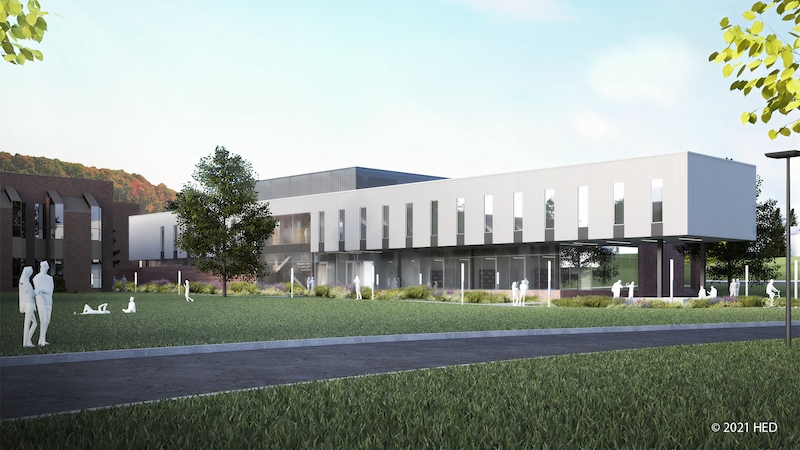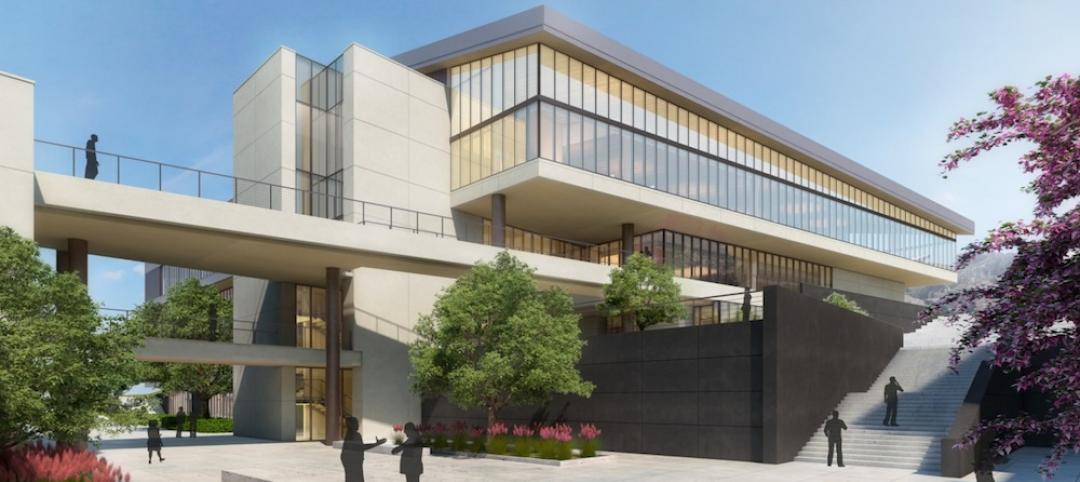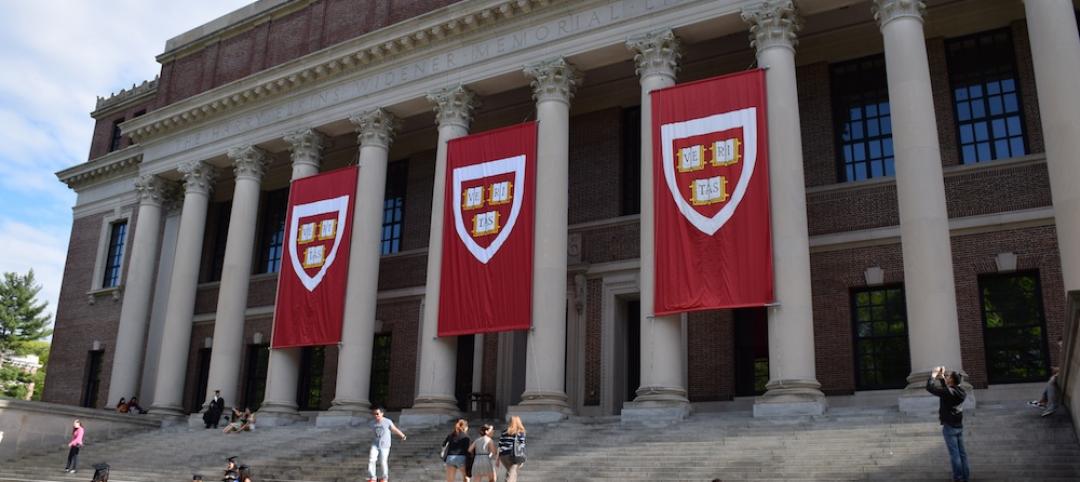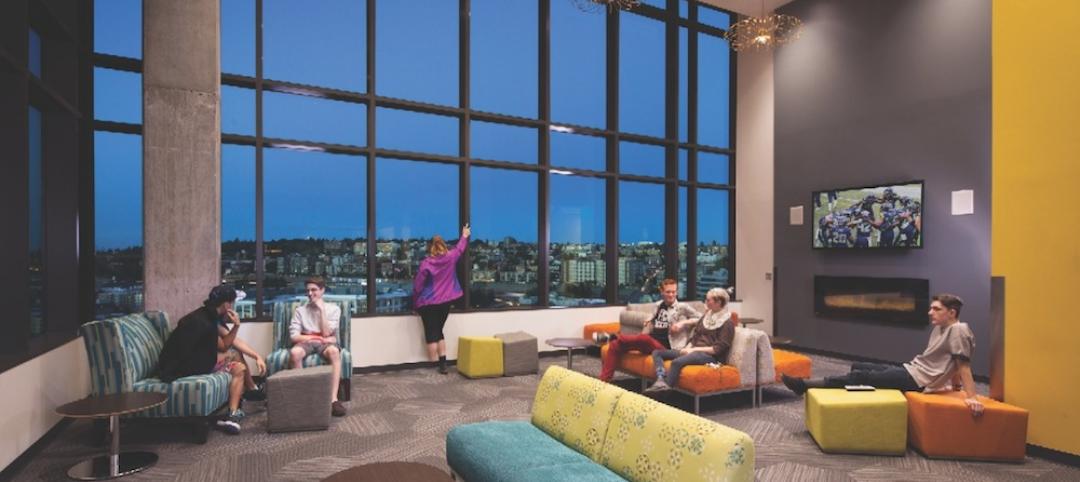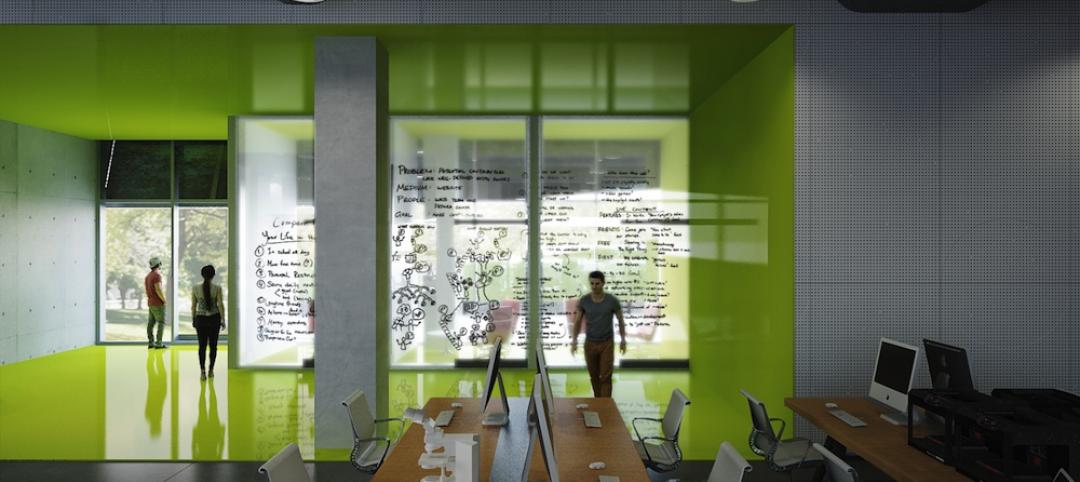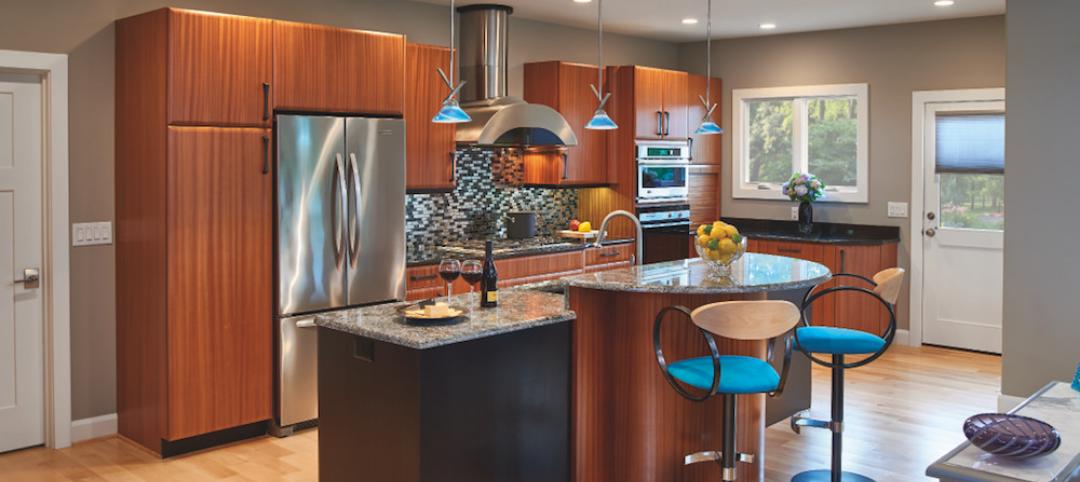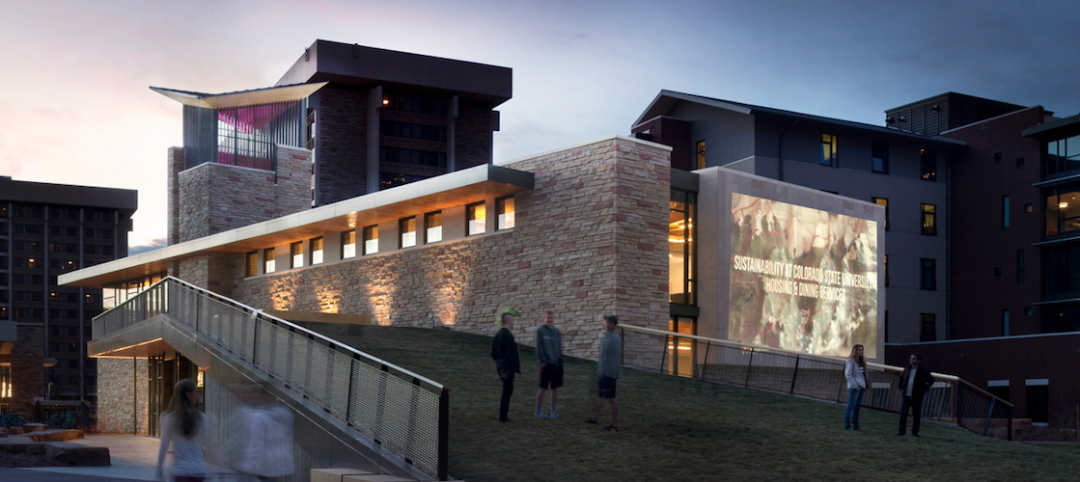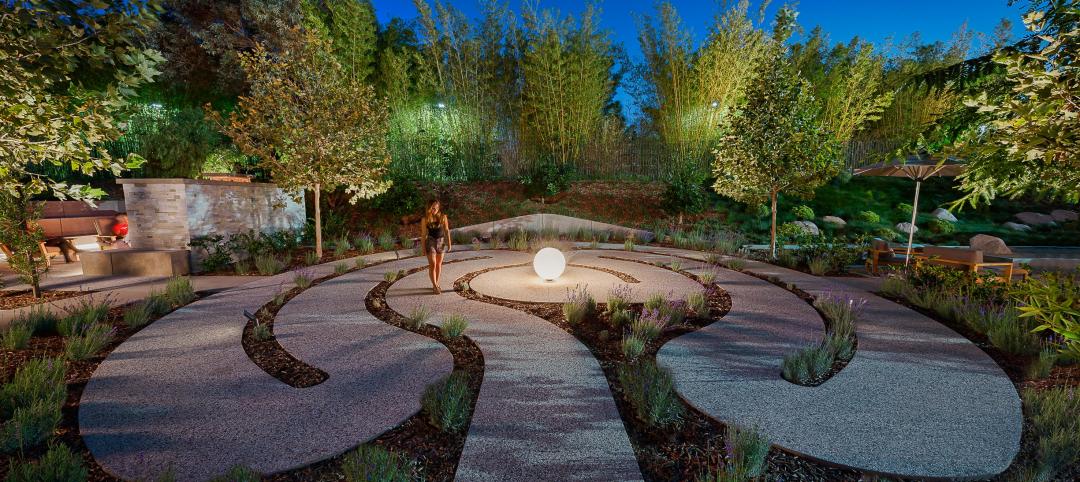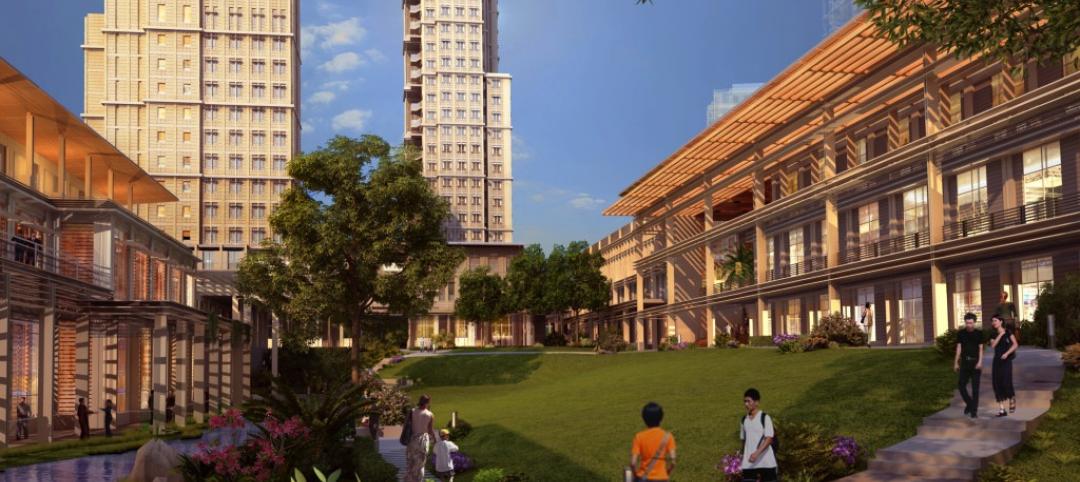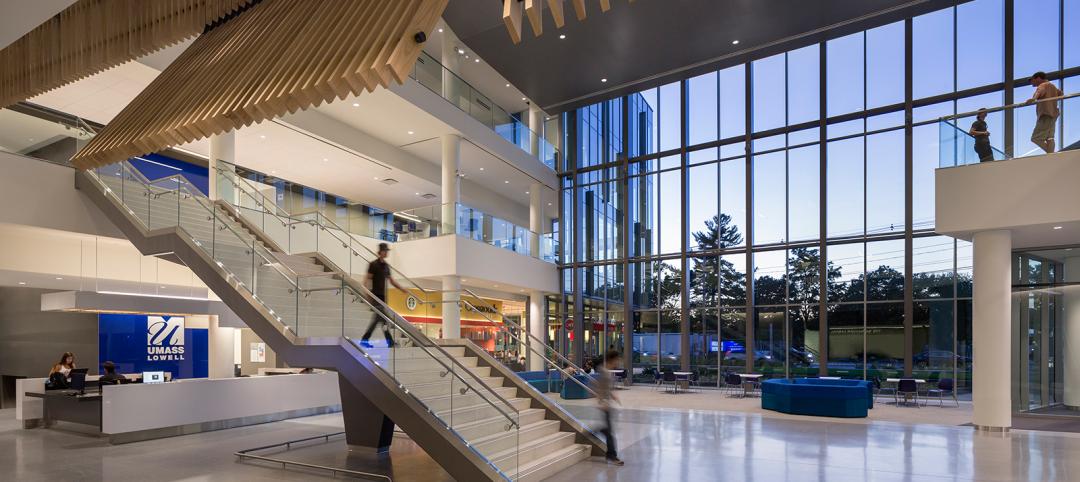The University of Pittsburgh at Bradford has just broken ground on its first academic building in two decades.
The HED-designed Engineering & Information Technologies Building will be a 39,000-sf stand-alone facility that will house Mechanical Engineering Technology, Energy Engineering Technology, Relocated Energy Science & Technology, and Computer Information Systems & Technology programs. The facility will also include academic support space, engineering labs, engineering shops, computer labs, the campus data center, large group classrooms, and faculty and staff offices.
The building is positioned to be at the center of technology and innovation on campus and across the Pennsylvania-New York state-line region. It will be home to rapid prototyping machines, oscilloscopes, engineering lab stations, and other hands-on technical learning for students.
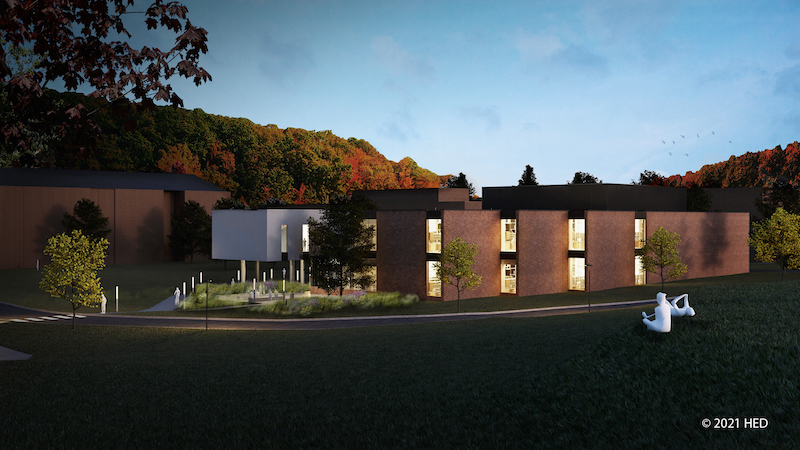
A cantilevered, metal-clad faculty office bar floats above a mostly glass-enclosed collaborative first floor. A deep building footprint and strategic integration of glass reduces energy usage while preserving access to daylight and views. Exposed ceilings in the building’s centralized maker hub intentionally put building systems on display.
In addition to HED, LGA Partners is the architect of record, interior designer, and construction administration. Rycon Construction is the general contractor. The Engineering & Information Technologies Building is slated for completion in late 2022.
Related Stories
University Buildings | Mar 11, 2016
How architects can help community colleges promote community on campus
Even in the face of funding challenges and historic precedent, there are emerging examples of how partnership between two-year academic institutions and designers can further elevate community on campus. CannonDesign's Carisima Koenig has a few key examples.
University Buildings | Mar 1, 2016
The 5 most questionable college and university rankings of 2015
SmithGroupJJR's David Lantz identifies five of the most flawed higher education rating systems, including ones with arbitrary categories, and others that equate college with a transactional investment.
University Buildings | Feb 29, 2016
4 factors driving the student housing market
In the hyper-competitive higher education sector, colleges and universities view residence halls as extensions of their academic brands, both on and off campus.
University Buildings | Feb 17, 2016
New ideas to help universities attract and empower STEM students
Educational institutions are focusing on new learning strategies that engage students in activities, enable collaboration across STEM disciplines, and encourage students to use their hands just as much as their heads, as Stephen Blair of CannonDesign writes.
Multifamily Housing | Feb 1, 2016
Top 10 kitchen design trends for 2016
Charging stations, built-in coffeemakers, and pet stations—these are among the top kitchen design trends for the coming year, according to a new survey of kitchen and bath designers by the National Kitchen & Bath Association.
| Jan 14, 2016
How to succeed with EIFS: exterior insulation and finish systems
This AIA CES Discovery course discusses the six elements of an EIFS wall assembly; common EIFS failures and how to prevent them; and EIFS and sustainability.
Greenbuild Report | Dec 10, 2015
AASHE’s STARS tool highlights the university sector’s holistic approach to sustainability
Buzzwords like “living lab” and “experiential learning” are indicative of the trend toward more holistic sustainability programs that incorporate all facets of college life.
University Buildings | Nov 5, 2015
How active design is reshaping higher education campuses
Active design, a dynamic approach to design with a primary focus on people, assists students in learning to make healthy choices, writes LPA's Glenn Carels.
University Buildings | Nov 4, 2015
Yale completes Singapore campus
The Yale-NUS College has three residence halls and two administrative and academic buildings, with courtyards in the middle of them all.
University Buildings | Oct 16, 2015
5 ways architecture defines the university brand
People gravitate to brands for many reasons. Campus architecture and landscape are fundamental influences on the college brand, writes Perkins+Will's David Damon.


